Why Accidents On Ships Occur In Spite of Checklists and Safety Precautions?
Life at sea can be exciting as well as fun. One who is venturing out to the sea must also be aware of the dangers lying ahead. The biggest danger of all as compared to natural disasters are negligence and failure to learn from own mistakes.
All these aspects were taken into consideration when SOLAS was written to prevent accidents on ships. Guidance was issued to seafarers in the form of legislation and regulations which became mandatory to follow when at sea.
To prevent accidents on ships and to safeguard life and property, a risk management system was implemented.
Today, practically every ship has its own risk management system in place and various checklists form a part of this Risk Management System.
PMS or Preventive Maintenance System covers every aspect of the ship and each officer has a definite role to play under this system.
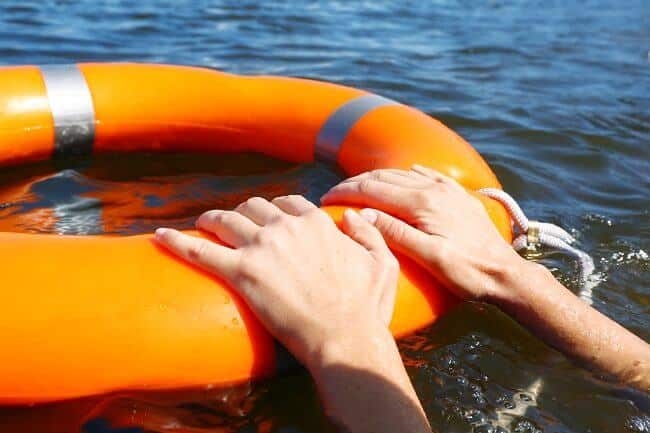
Unfortunately, even after all these systems and checklists are in place, accidents on ships still take place frequently. Lives are often lost and damage to property at times is very severe.
The basic questions that comes to a layman’s mind is – why in spite of all checks and preventive systems, accidents still take place on ships?
During my long career at sea, I have seen lifeboats failing to launch, pyrotechnics not firing at times of distress or firefighters gasping for air and rushing out to open-air during mock drills, some of the many incidents connected to safety appliances.
The checklists are there for our guidance and support in case of observed deficiencies. But still, we falter, make mistakes, are too confident and fail to learn from our mistakes.
Life at sea is tough and a checklist means more paperwork, filing, recordkeeping, inspections etc.(Talk to any average seafarer or read: ISM CODE – A Burden to Seafarers? regarding the increased paperwork on ships) However, this additional duty shouldn’t be one of the reasons for accidents on ships.
Safety has a new dimension altogether in today’s shipping world. If you diligently follow the Safety Management System, life becomes much smoother, causing fewer accidents on ships.
Let us focus on what the checklists want us to check and what we actually fail to check ( Real Life Incidences)
- We find the visual appearance of a fire extinguisher good and mark satisfactory in our checklist although we fail to notice that the item was long overdue for service
- We are convinced that the shipyard could never create faulty lifeboats on a new ship and we don’t think it’s essential to launch them with the crew every 3 months as trials. We, therefore, fudge our Logbooks for lifeboat launches dates.
I have witnessed lifeboats failing to lower or launch into the water due to poor maintenance of falls or lack of knowledge to start/repair a lifeboat engine and thereafter failing inspections and causing embarrassment to the management. In some cases leading to ship arrests and delays.
- MOB lifebuoys are found in a place as per the checklist but we fail to notice that the lanyard of a MOB lifebuoy, though secured firmly to a strong point to avoid accidental fall into the water at sea, in a real emergency cannot be released instantly.
- Mock rescue drills with SCABA sets are done with a lot of enthusiasm, but air bottles not charged or charging apparatus not serviced regularly, cause great danger to the fire fighting team in a real emergency situation and during accidents on ships.
- The Emergency fire pump worked satisfactorily in last month drill so the officer assumes it to be perfect on the next occasion and marks satisfactory in his checklist not realising that this action would cause dearly to the ship personnel in an actual fire on board.
The mother of all mishaps on board ships is assumption. When we assume things on ships, we really make a fool of ourselves.
For instance, for a simple task to check all fire hoses were stored back in place after the drill, the 3rd officer delegates his cadet to check the same and the cadet assumes that he had actually seen them while the AB was arranging them in the boxes.
However, several hoses had been removed when the ship was in the port to receive fresh water and then were dumped in the bosun store. Thus, when there is an actual fire everyone is running “helter-skelter”, trying to locate the missing hoses.
In another instance, expired pyrotechnics were not disposed of by landing ashore and the new consignment, which was lying dumped in the mates locker, was never opened up.
All this while visual inspection confirms the presence of old pyrotechnics in their designated place. Imagine what will happen in a real emergency when we use expired pyrotechnics.
An extra smart junior deck officer may decide to paint all his life buoys but forgets conveniently to stencil them.
An officer neglecting the basics and assuming that he knows all the deck machinery procedures and operations or knows how to operate all the engine room machinery, is one of the biggest pitfalls of all.
The most dangerous trend and the biggest mistake officers commit on board is by completing checklists on computers.
Each month they take printouts without carrying out any visual checks and then later file them. These computerised checklists are never accepted by the authorities and are one of the main reasons for accidents on ships.
A lot of examples have been provided and there will be many more to illustrate how carelessness, lethargy and the feeling “all is well” can lead to real-time man-made ship disasters, putting the teammates in great distress and dangers in actual emergencies.
If only we carry out our designated jobs in full honesty, serious accidents on ships could be averted. It is also the responsibility of senior officers and the master to take frequent rounds and cross-check all or at random and debrief the responsible officers regularly.
Regular management meetings and post drill debriefings can instil a lot greater confidence in the ship’s crew and keep them fully prepared for an actual emergency.
Checklists are only a means and an aid and when utilised to their full potential can prevent accidents on ships and their crew from untoward and unwanted incidents.
Do you have info to share with us ? Suggest a correction
Latest Ship Safety Articles You Would Like:

About Author
Capt.Pankaj Bhargava is a Master Mariner who retired from active sea life in the year 2012. He has sailed on almost all types of vessels in a career spanning more than 35 years. Presently teaching in Maritime institutes and loves writing for e-magazines for the benefit of seafaring community.
Subscribe To Our Newsletters
By subscribing, you agree to our Privacy Policy and may receive occasional deal communications; you can unsubscribe anytime.



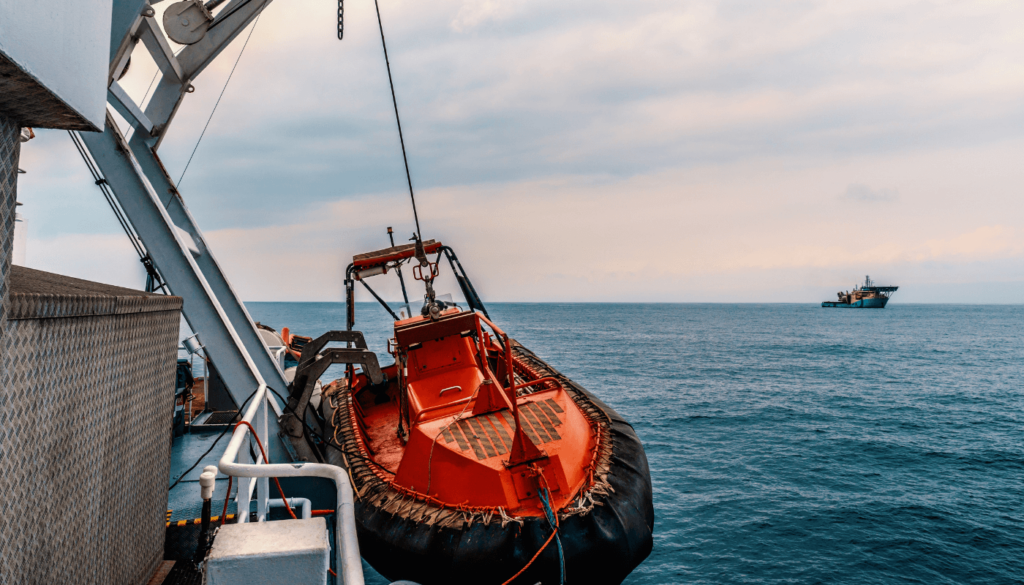
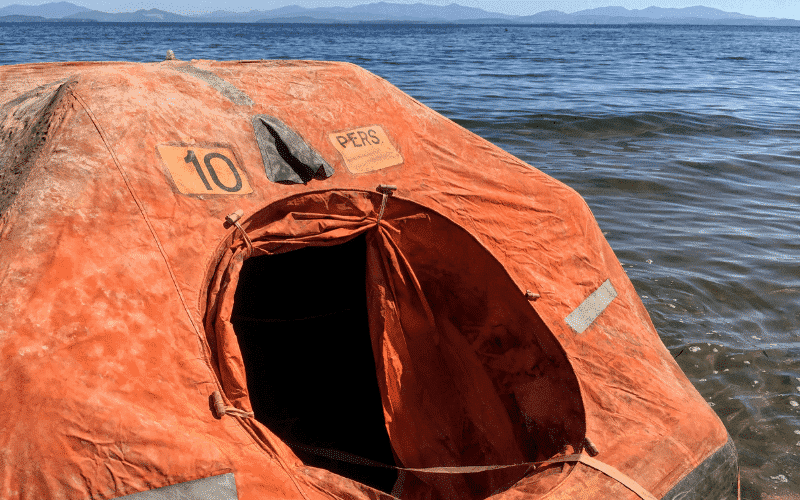
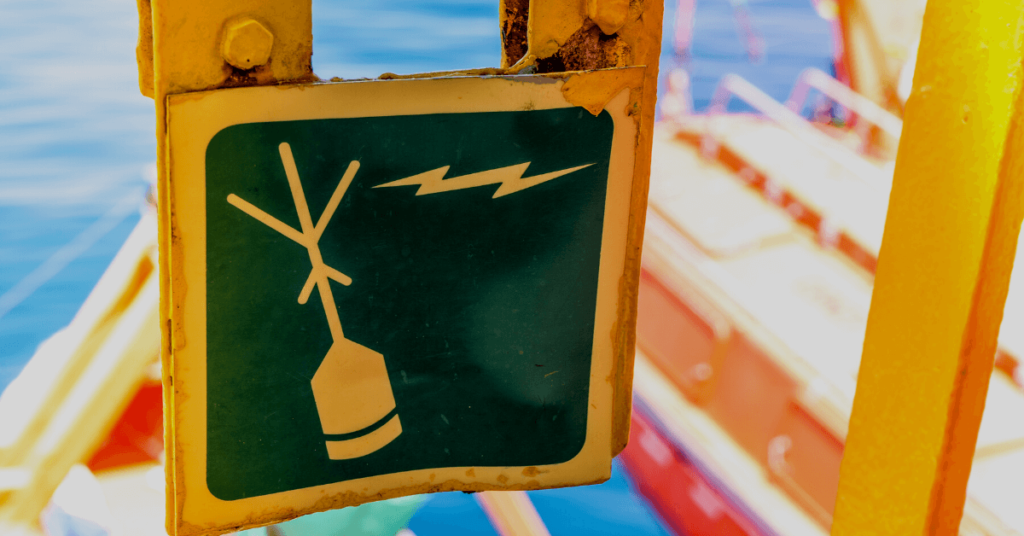
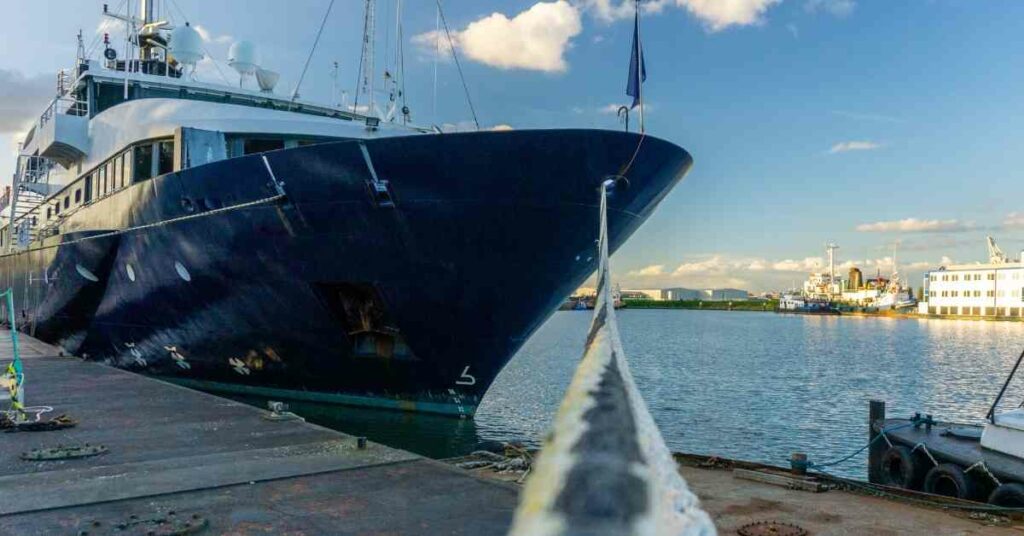
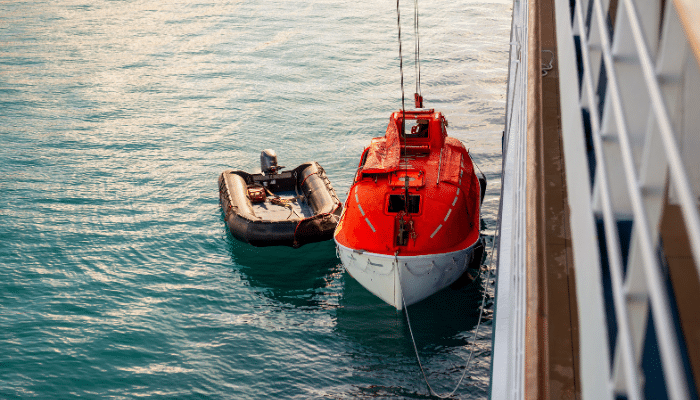
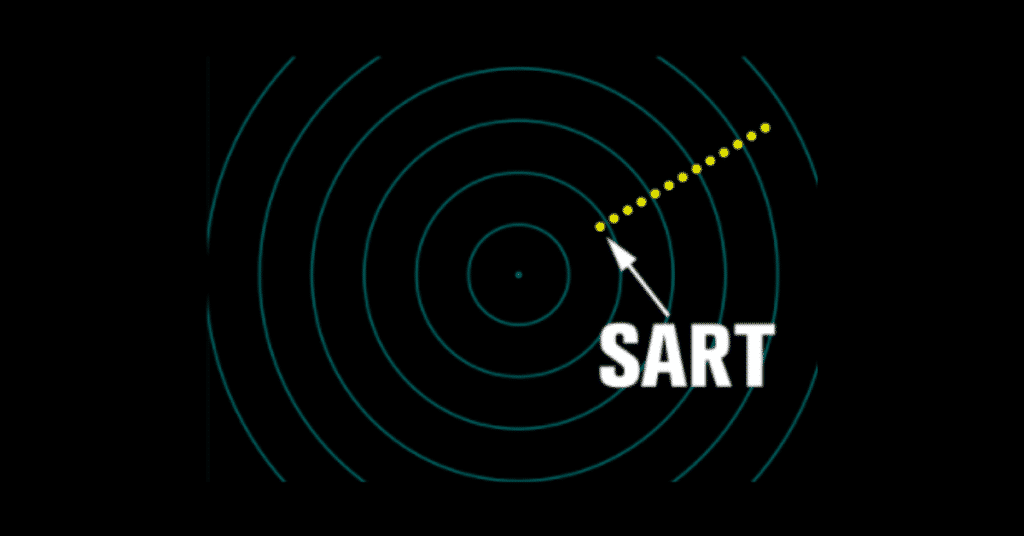

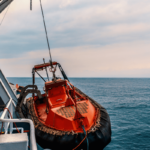
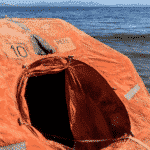
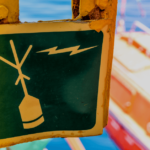

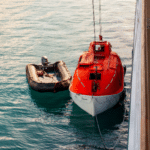
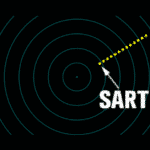
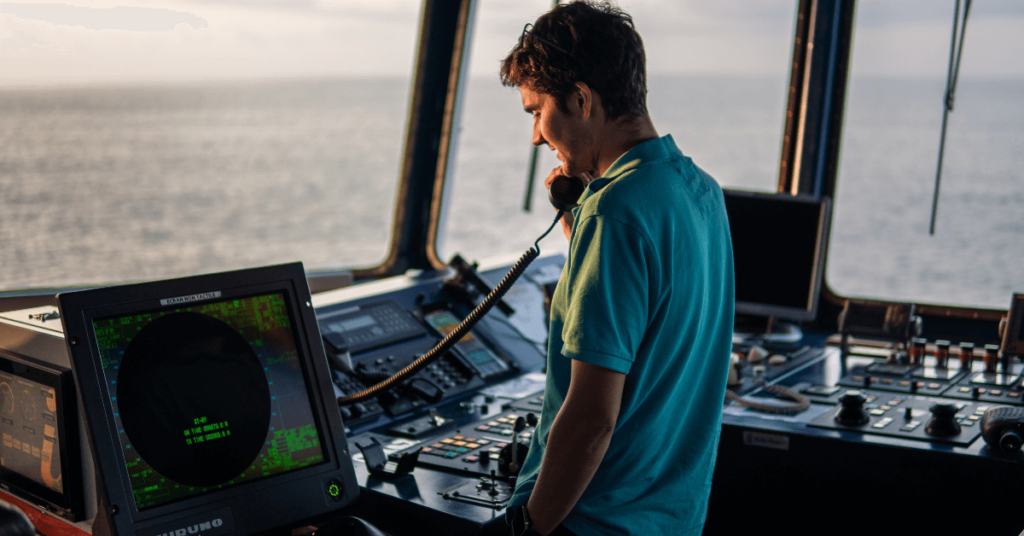
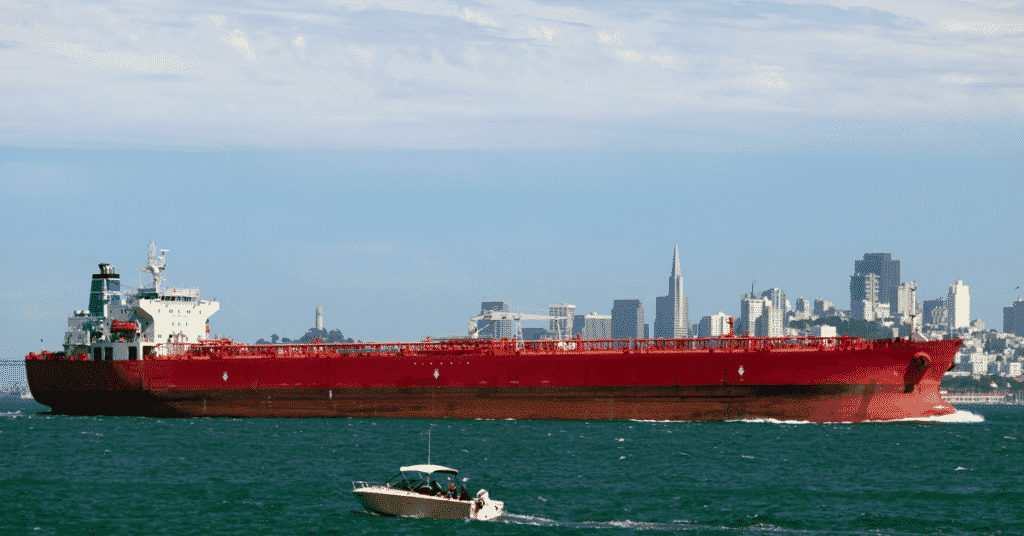
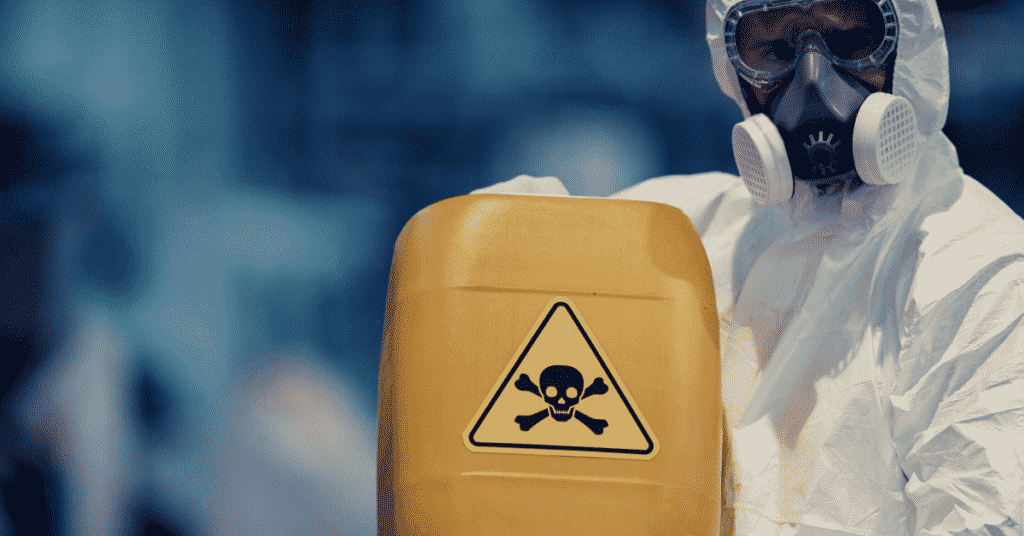
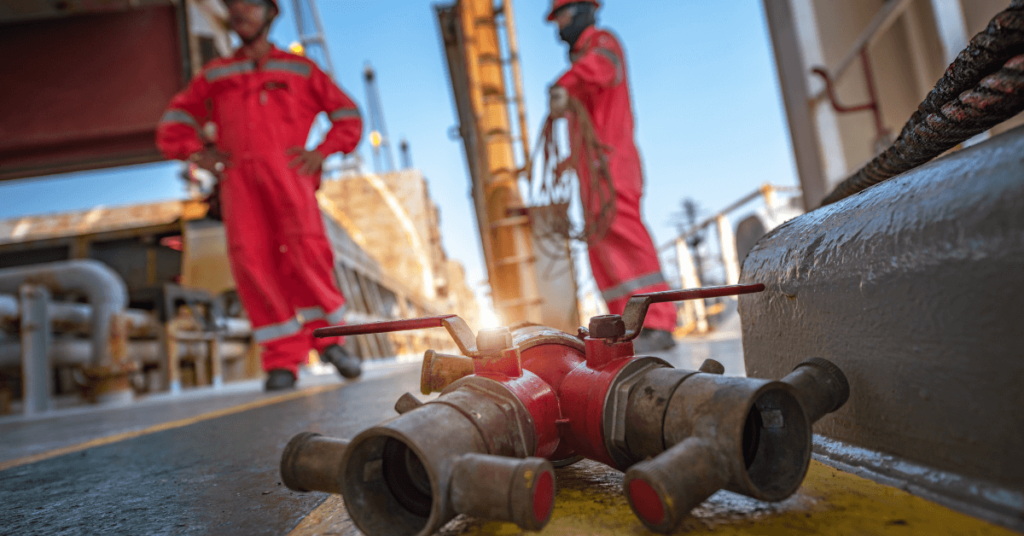
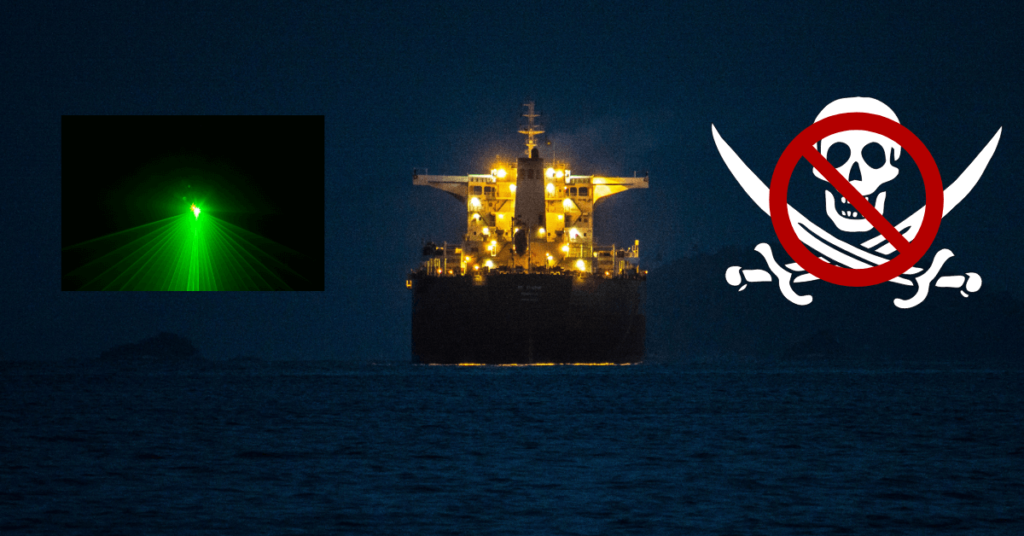
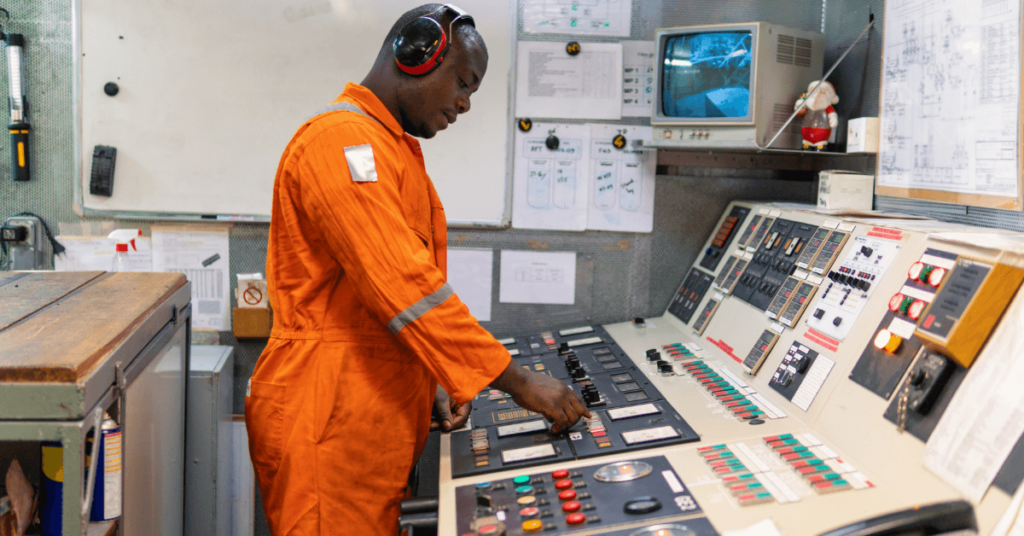
Dear Captain
I agree with every point you raised in your article on July 8th 2013 entitled “why accidents occur…. In spite of checklists”. However, I would also raise the issue, from my own sea time as cadet and 2nd mate and as found during my dissertation research that many companies are failing to properly embrace the ISM Code, treating it as a paper exercise and using the SMS as an excuse to not supervise their vessels properly.
With regard to proper and sufficiently realistic drills being used, I have often found that, using lifeboat launches as an example, these are not done due to commercial interests being put first or crew only being short term stakeholders in the vessel or lack of knowledge being covered up by, as you rightly mention, fudging the paperwork.
Great article. Thoroughly enjoyed reading it.
Thank you,
David Corkish, B.Sc.(hons), AMNI
A bord tout le personnel doit connaitre le compartiment parfaitement, aussi participer à des exercices de la sécurité : incendie, voie d’eau, homme à la mer etc…